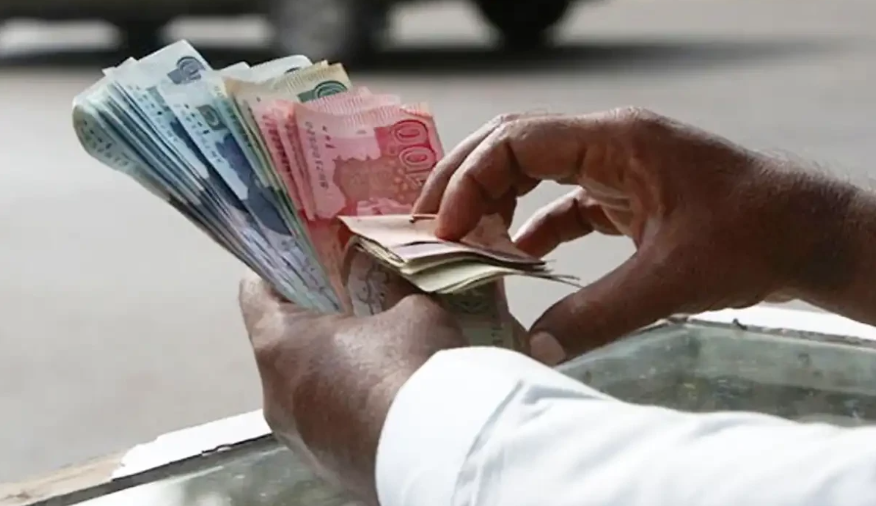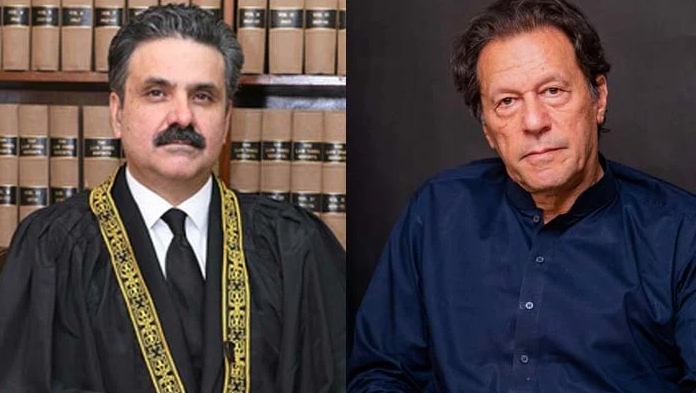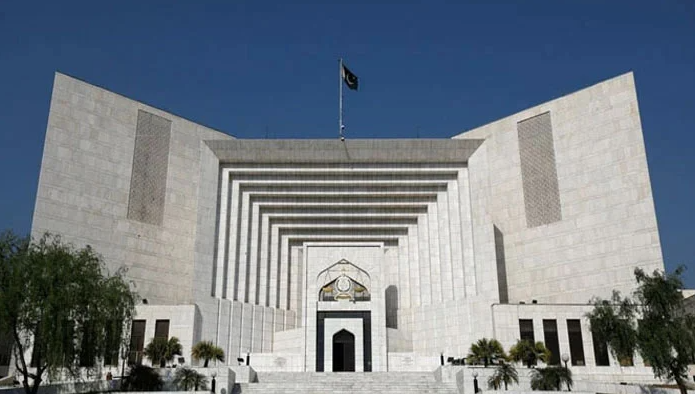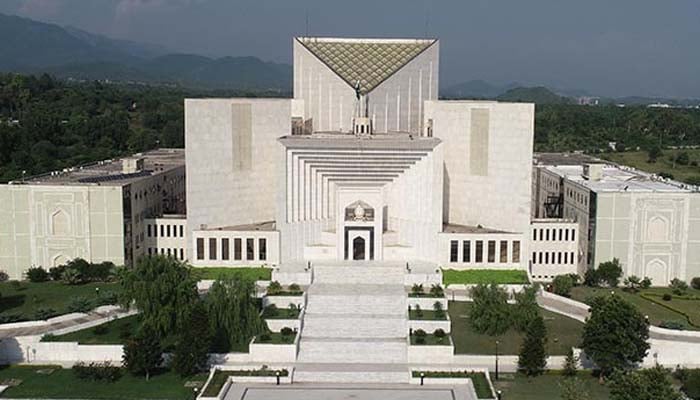LEGAL
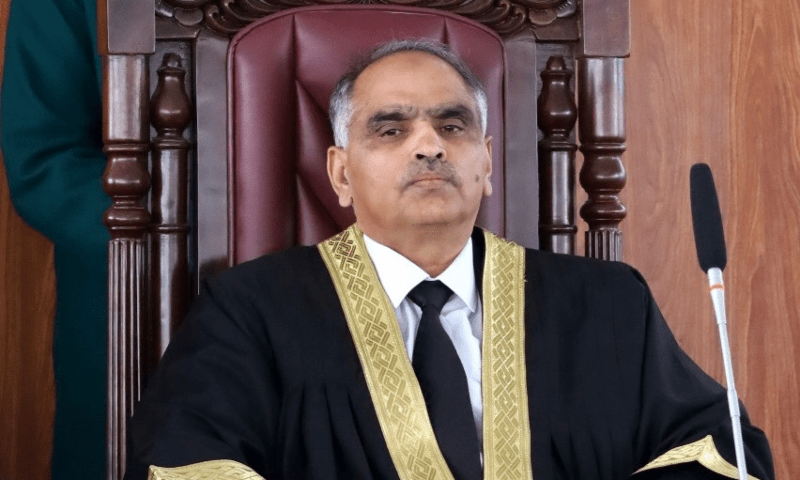
The Islamabad High Court (IHC) on Tuesday sought the assistance of Attorney General for Pakistan (AGP) Mansoor Usman Awan on a petition filed by journalists' organizations challenging recent amendments to the Prevention of Electronic Crimes Act (PECA), 2025.
The amendments, introduced last month, have drawn widespread criticism for imposing harsher penalties for alleged "fake news," expanding state oversight of digital platforms, and creating new regulatory bodies to monitor social media.
Concerns Raised by Journalists and Activists
Journalists, represented by the Pakistan Federal Union of Journalists (PFUJ), argue that the amendments infringe on fundamental constitutional rights, including freedom of expression, press freedom, and due process.
Advocate Imran Shafique, appearing on behalf of the journalists’ union, highlighted that the amendments were drafted hastily, resulting in contradictory clauses and legal ambiguities. He pointed out that the Social Media Complaint Council established under the amendments was redundant, as a similar body already existed under the Pemra Ordinance 2002.
The PFUJ petition contended that the amendments' provisions, including vague definitions of "social media platforms" and the regulation of "unlawful and offensive" content, were open to misuse and arbitrary enforcement.
The amendments have also faced opposition from international rights groups, including Amnesty International, the Human Rights Commission of Pakistan, and the European Union.
Judicial Proceedings
During the hearing, Justice Inaam Ameen Minhas questioned whether fake news should be curbed, acknowledging that it was a legitimate concern. However, IHC Bar Association President Riasat Ali Azad argued that the amendments granted excessive powers to authorities, potentially leading to censorship and the suppression of journalistic independence.
Azad further criticized the provision that required appeals against the Social Media Protection Tribunal’s decisions to be filed directly with the Supreme Court, bypassing high courts.
He emphasized that compelling journalists to reveal their sources undermined their ability to report effectively, stating, “If they cannot get the information, then they will be left reporting the weather only.”
Call for Stay Order
The petitioner’s counsel urged the court to issue a stay order on the implementation of the PECA amendments. However, Justice Minhas suggested filing a separate application for the stay request.
The court issued a notice to AGP Awan, seeking his assistance in the case. The hearing was subsequently adjourned indefinitely.
Broader Implications
The case underscores the tension between the state and media in Pakistan, with journalists and digital rights activists expressing concerns about increasing restrictions on press freedom and digital expression. The IHC's intervention provides a glimmer of hope for those advocating for the protection of civil liberties.
